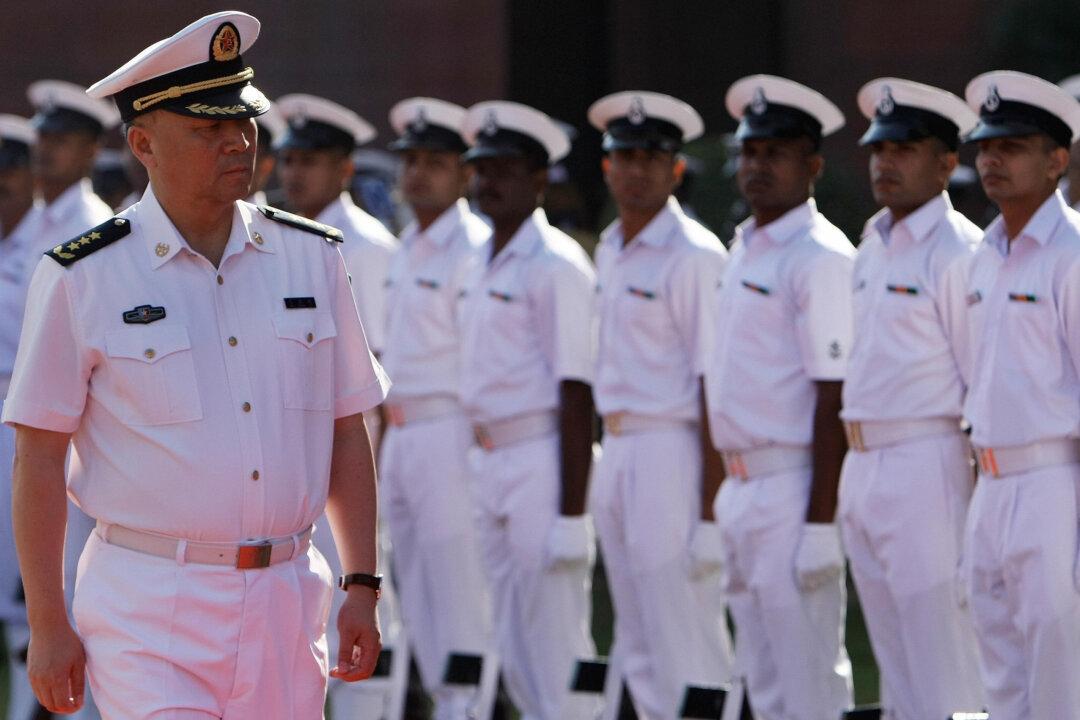The general office of China’s Central Military Commission (CMC)—the Communist Party’s top agency for overseeing military affairs—recently issued a set of regulations to conduct a financial and disciplinary audit of high-level military and armed police forces. Former Navy commander Wu Shengli was among those on the list for investigation.
The regulations will take effect on July 1, according to a report by the official military newspaper, PLA (People’s Liberation Army) Daily. The regulations require audits of retired senior officials who held the rank of major general and above. It also includes PLA and armed police personnel who have retired within a year. As Wu is already three years into his retirement, military sources told Hong Kong-based newspaper Ming Pao that his investigation seems “unusual.” He served as the PLA Navy commander from August 2006 to January 2017.





